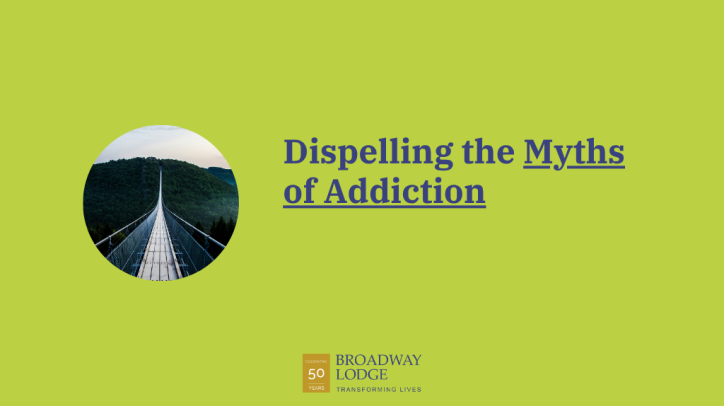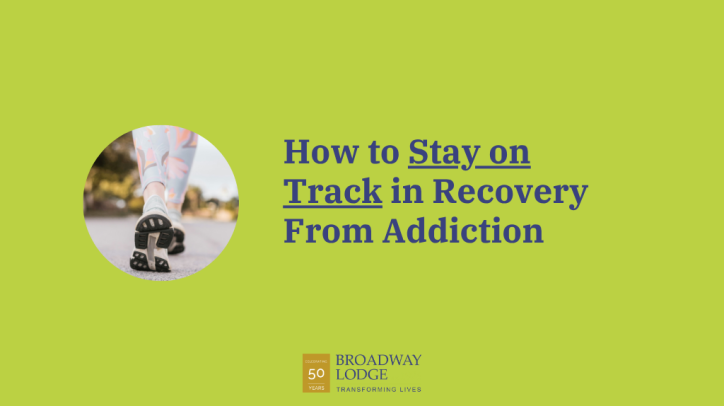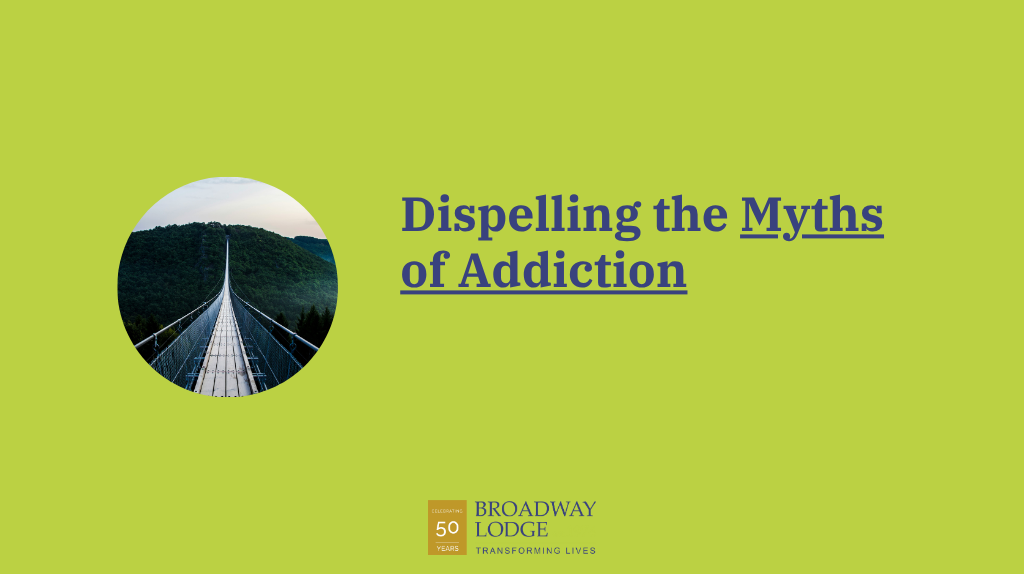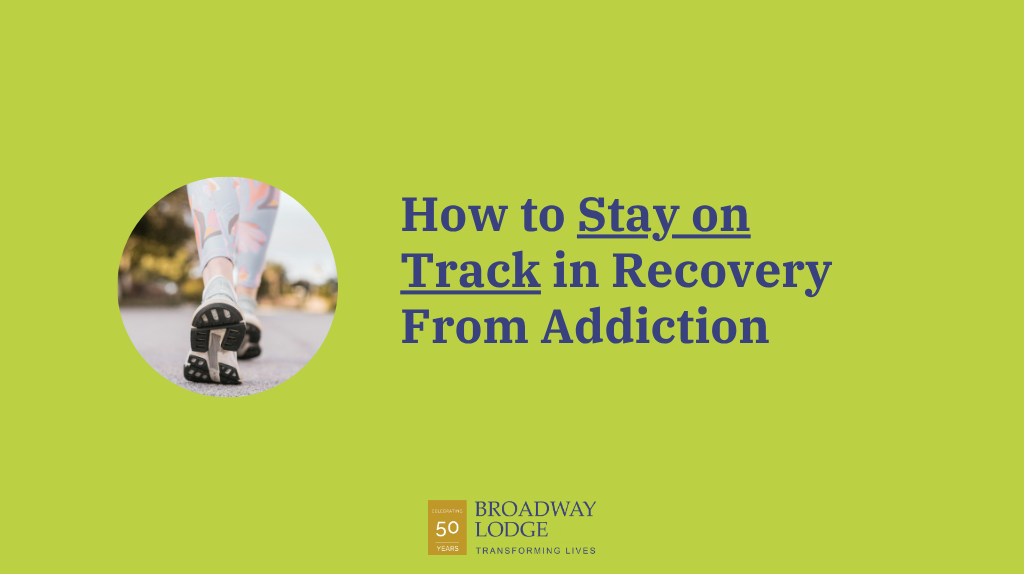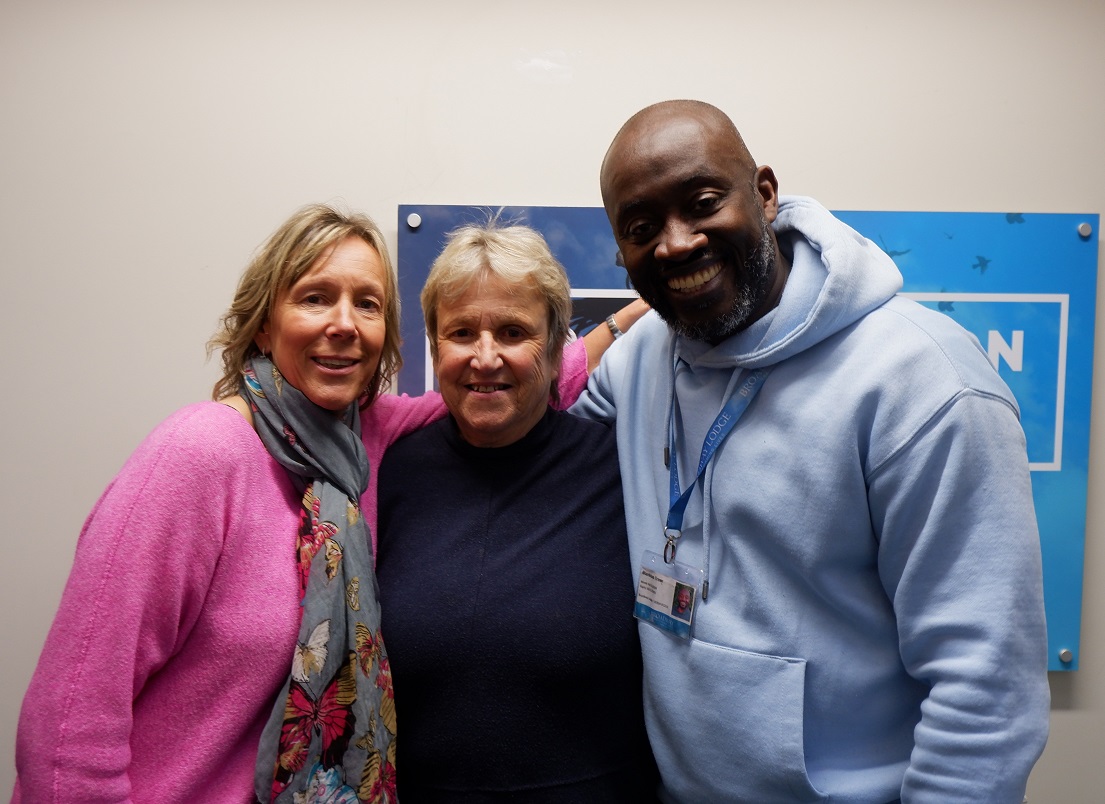When Christmas brings excessive alcohol consumption all round it can be a challenging and potentially dangerous time for addicts. Festive social pressures see some addicts relapsing and returning to alcohol or illegal or prescription drugs.
Seasonal drinking not only threatens recovery, but it can be dangerous for those exhibiting risky drinking behaviours. Christmas ‘binge drinking’ leads to an increased risk of alcohol dependence. Research reveals that 7.8 million people “binged” on alcohol on their heaviest drinking day – for many, this day is likely to fall during the Christmas period.(1) The NHS recommends that men should not regularly drink more than 3-4 units of alcohol a day, and women no more than 2-3 units a day; men and women should not regularly drink more than 14 units a week.
Christmas can mean extra pressures
In England there are an estimated 595,131 dependent drinkers with 108,696 of those currently accessing treatment.(2) The festive season brings little joy to some and for people in early recovery it can be a very difficult time. Alcohol consumption in the UK is said to increase by 41 per cent in December, in large part due to the festivities. The long run-up to the festive period can mean trouble due to:
- Prevalence of alcohol – whether at work-related social events or family celebrations, alcohol seems ever present. While it is not a problem for moderate drinkers, people in recovery can find it difficult and can be thrown off course if not prepared.
- Pressure of preparations – the rituals of the season bring additional pressures of gift-buying, planning family arrangements and generally getting ready for the ‘big day’.
- Increased socialising – with more socialising at Christmas, recovering addicts not only face more alcohol (and possibly other addictive substances), but non-drinking becomes more obvious and can attract attention and questions. Anxiety and temptation can increase as a result of having to deal with social situations without the former ‘crutch’.
How can you stay clean at Christmas?
A sober Christmas is more likely if you acknowledge the festive risks and plan ahead:
- Be aware of the triggers – during treatment addicts will have talked through the trigger situations and feelings that contribute to drinking/using. It is a good strategy to work on avoiding the most obvious triggers that are likely to involve being around certain people or in certain situations.
- Avoid events with alcohol – while some recovering addicts are secure in their recovery, others, especially those in the early stages of recovery, may find it best to avoid boozy parties and festive situations where alcohol will be flowing. It can be a minefield coping with constantly having to refuse drinks.
- Discover non-alcoholic options – when situations involving alcohol are hard to avoid be ready to opt for the many non-alcoholic drinks on the market.
- Enlist supportive friends and family – identify a supportive circle of people who can be around for you at this tricky time of year. When things get tough you can call on them to talk, meet for coffee or go for an invigorating walk.
- Seek help – if the constant celebrations are getting too much and you are finding it hard to cope, then make sure you get to an anonymous fellowship meeting or talk to your sponsor or another recovery friend. You may just need to talk about feeling down or you might need more targeted help to prevent you from succumbing to temptation. Either way, the fellowship is the place to go.
For those people who have no knowledge or experience of recovery in the fellowships and who are seeking abstinence-based recovery Broadway Lodge can help navigate the temptations of the Christmas season and beyond. Our treatment centre aims to turn around the lives of those suffering from addiction. Our proven track record has helped over 13,000 people go on to live healthy lives. We are open for Christmas and ready to work with you or someone you care about to address and take steps to overcome addiction.
(1) Office for National Statistics. Adult drinking habits in Great Britain: 2005 to 2016. 3 May 2017
(2) Alcohol Concern. Alcohol Statistics. Accessed November 2017



